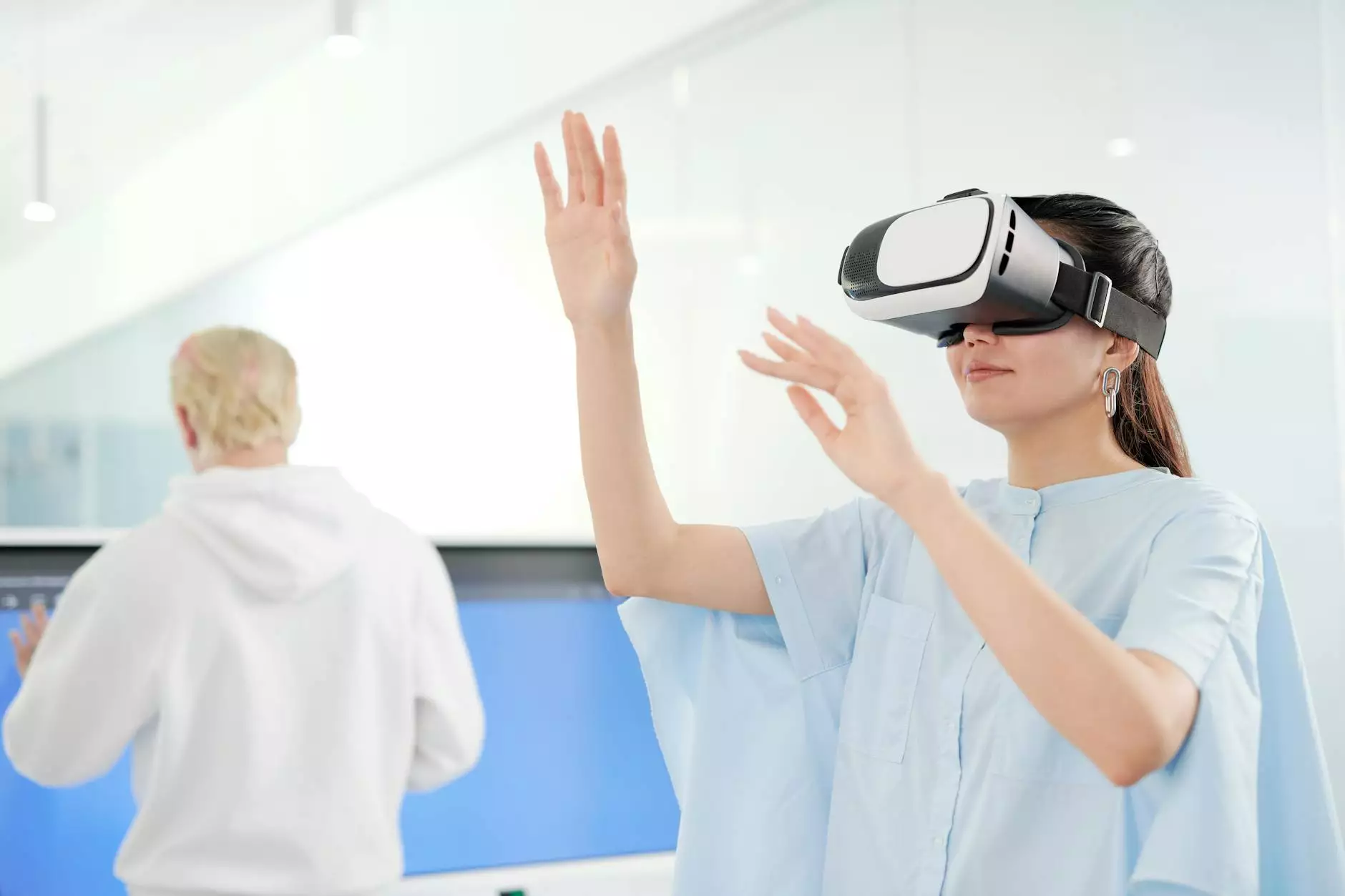Revolutionizing Healthcare with Solar Mobile Clinics

The healthcare industry is rapidly evolving, and one of the most innovative solutions gaining traction is the solar mobile clinic. These clinics represent a fusion of cutting-edge technology and compassionate healthcare delivery, making healthcare more accessible than ever, especially in underserved areas.
What is a Solar Mobile Clinic?
A solar mobile clinic is a fully equipped, mobile healthcare unit powered by solar energy. It is designed to travel to various locations to provide medical services directly to communities that may lack adequate healthcare facilities. These clinics can range from simple vans equipped with basic medical instruments to advanced facilities offering a wide range of healthcare services, all powered by solar technology.
The Importance of Solar Mobile Clinics
In many regions, particularly rural and remote areas, access to healthcare is limited. This situation is exacerbated by factors such as geographical barriers, lack of infrastructure, and insufficient funding. Solar mobile clinics are poised to address these challenges effectively. Here are some key reasons why these clinics are crucial:
- Enhanced Accessibility: By bringing healthcare services to communities, solar mobile clinics can significantly improve access for individuals who may not be able to travel to urban medical centers.
- Sustainability: Utilizing renewable solar energy reduces operational costs and environmental impact, aligning healthcare practices with sustainable development goals.
- Flexible Services: These clinics can be equipped to offer a range of services including preventive care, vaccinations, and general check-ups, catering to the specific needs of the community.
How Do Solar Mobile Clinics Operate?
The operation of a solar mobile clinic is an intricate blend of medical services and renewable energy technology. Here’s a closer look at how these clinics function:
1. Solar Energy Utilization
Solar panels installed on the roof of the mobile unit harness sunlight, converting it into electricity. This energy powers medical equipment, lighting, and climate control systems.
2. Medical Equipment
Solar mobile clinics are equipped with essential medical devices such as:
- Diagnostic Equipment: Tools like ultrasound machines and blood testing instruments enable on-site diagnosis.
- Telemedicine Solutions: Equipped with internet connectivity, these units can connect patients with remote specialists for consultations.
- On-site Laboratories: Some clinics include lab facilities for immediate test results, improving clinical decision-making.
3. Trained Medical Staff
Each solar mobile clinic is staffed by a team of healthcare professionals including doctors, nurses, and support staff. They are trained not only in medical care but also in community outreach and education, promoting health awareness in various populations.
Benefits of Solar Mobile Clinics
The advantages of utilizing solar mobile clinics extend beyond mere convenience. Here are several compelling benefits:
1. Reduced Operational Costs
By relying on solar energy, these clinics reduce dependency on traditional power sources, resulting in lower operating costs over time. This financial efficiency allows more funds to be channeled into patient care and other vital services.
2. Community Engagement
Solar mobile clinics foster a sense of community involvement. By offering healthcare services directly in neighborhoods, they build trust and improve dialogue between healthcare providers and the community, facilitating better health outcomes.
3. Education and Preventive Care
Besides treatment, these clinics serve as platforms for health education, promoting preventive care measures such as vaccinations and healthy living practices. This proactive approach can reduce long-term healthcare costs by addressing health issues before they escalate.
Global Examples of Successful Solar Mobile Clinics
The concept of the solar mobile clinic is not limited to one region. Worldwide, various initiatives demonstrate the impact and effectiveness of this model. Here are a few notable examples:
1. The Solar-Powered Mobile Clinic in Africa
In many African nations, solar mobile clinics are revolutionizing the approach to healthcare, particularly in remote areas. Organizations like Clinic in a Can have pioneered mobile clinics that provide maternal and child health services, vaccinations, and health education, all powered by solar technology.
2. Mobile Health Units in South America
Countries such as Brazil have adopted solar mobile health units to deliver services to indigenous communities. These units are customized to meet local needs, providing not only medical services but also educational programs on nutrition and hygiene.
3. Initiatives in India
In India, organizations like Medikabazaar operate solar mobile clinics to extend medical services to areas where healthcare access is limited. These clinics are instrumental in managing chronic diseases and offering regular health screenings.
Challenges Facing Solar Mobile Clinics
While the benefits of solar mobile clinics are substantial, there are also challenges that must be overcome to maximize their effectiveness:
1. Funding and Investment
Establishing a solar mobile clinic requires significant upfront investment. Governments, NGOs, and private sector partnerships must collaborate to fund these ventures sustainably.
2. Regulatory Hurdles
Mobile clinics must navigate complex regulatory environments. Ensuring compliance with local health authorities and medical regulations is critical for the successful operation of these clinics.
3. Technology Maintenance
Maintaining the solar technology and medical equipment in optimal condition is essential to ensure uninterrupted service delivery. Regular training and maintenance schedules need to be instituted for staff and technology.
Future of Solar Mobile Clinics
The future looks promising for solar mobile clinics. As technology continues to advance, we can expect improvements in efficiency and capabilities of these mobile units. Key trends to watch include:
- Integration of AI: Artificial intelligence and machine learning can enhance diagnostic capabilities and patient management systems within mobile clinics.
- Customized Solutions: As more data is collected regarding community health needs, clinics can be tailored specifically to address the most pressing health issues.
- Broader Global Reach: Expanding the model to more countries can help in addressing global health disparities.
Conclusion
Solar mobile clinics are a groundbreaking solution that aligns sustainability with healthcare delivery. As we face increased demand for accessible medical services, these clinics offer a durable and effective way to bridge the healthcare gap. Embracing solar technology not only enhances healthcare delivery but also sets a precedent for future innovations in the industry.
In conclusion, the implementation of solar mobile clinics can transform the landscape of healthcare, ensuring that quality medical services are not just a privilege, but a right accessible to everyone.









